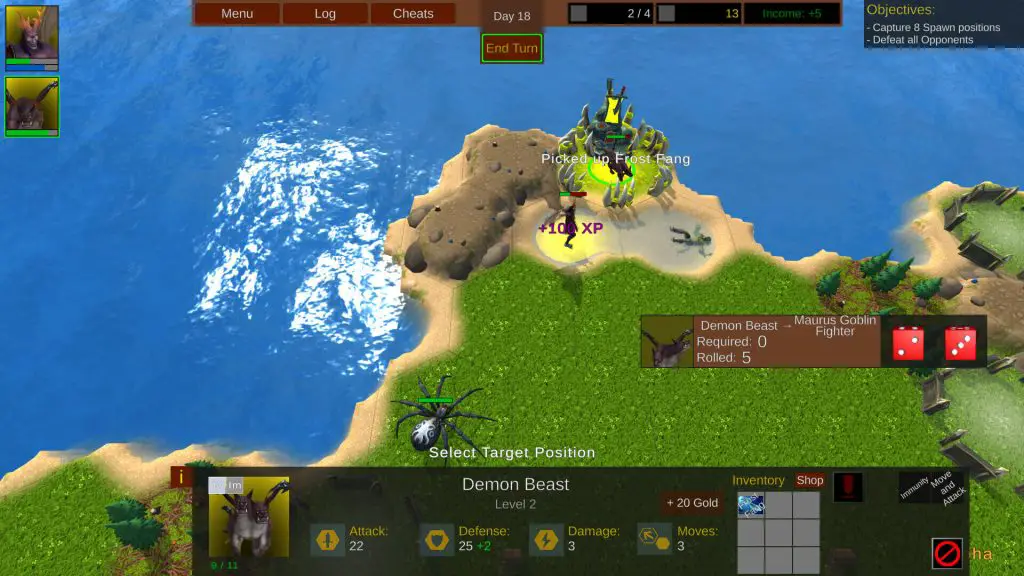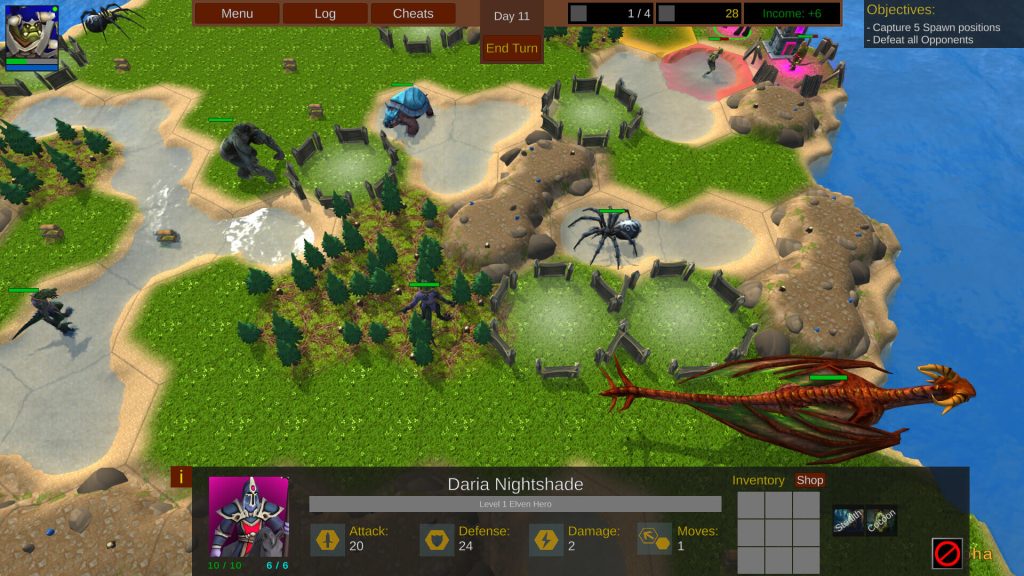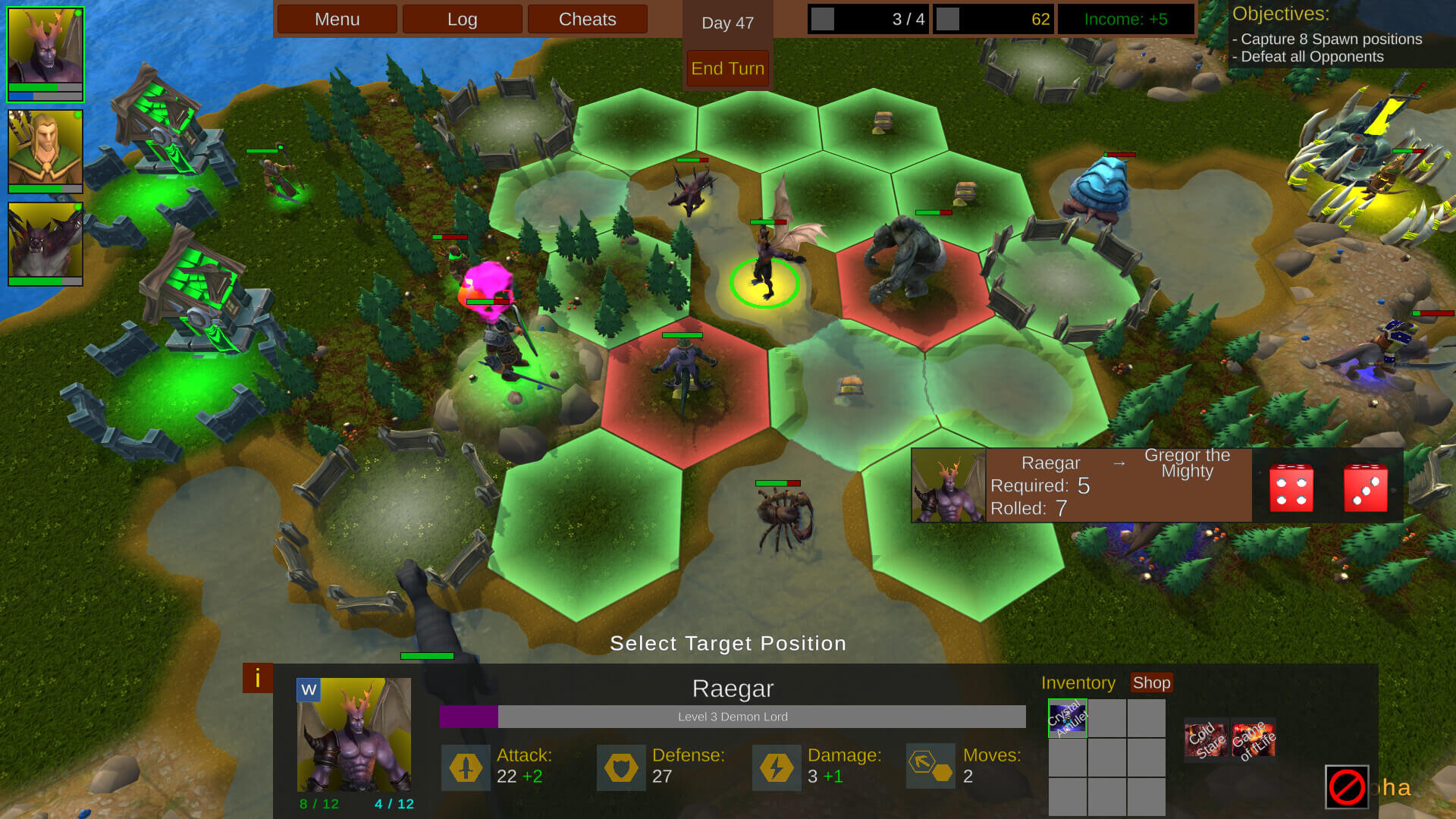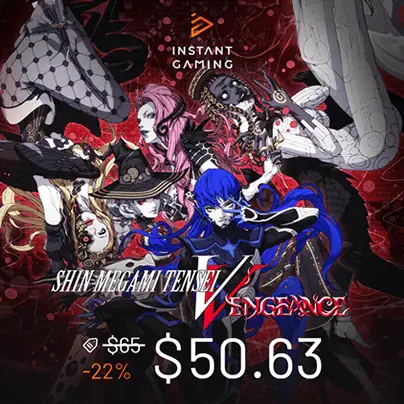In-Depth Analysis of Boardquest: Tales of Liria for the Hardcore Gamer
Boardquest: Tales of Liria is not just another entry in the turn-based strategy genre. Developed by Ramezware SL, this game, slated for release in March 2024 on PV through Steam, is shaping up to be a nuanced and deeply strategic experience that should resonate with hardcore strategy gamers. Here’s an in-depth look at what makes this game stand out.

Strategic Depth and Faction Dynamics
- Four Unique Factions: The game features Orcs, Humans, Elves, and Demons. Each faction isn’t just a reskin but offers distinct strategic approaches. For instance, the Humans, led by Gregor the Mighty, focus on direct attacks, while the Elves, under Daria Nightshade, excel in defensive magic.
- Commander Abilities: Each faction’s commander has unique abilities that significantly impact gameplay. These abilities aren’t just flashy moves but can alter the tide of battle, demanding strategic foresight from the player.
- Skill Progression: The game allows for skill advancement, adding an RPG element to the strategy. This progression isn’t linear, offering players the chance to specialize their commanders and units in various ways, thus enabling multiple playstyles.
Tactical Combat and Resource Management
- Weapon and Artifact System: The game’s loot system involves powerful weapons and artifacts, each with unique properties. Hardcore gamers will appreciate the depth this adds, as it’s not just about power but also how these items synergize with their units and overall strategy.
- Ancestral Magic: This feature adds another layer of strategy. It’s not just about casting the most powerful spell but understanding when and how to use these abilities to turn the strategic tide.
- Enemy Variety and AI: The game promises a range of enemies, from common goblins to the fearsome dragon Balthazar. Each enemy type requires different tactics, and the AI’s behavior adjusts to player strategies, demanding adaptive gameplay.
Dynamic Game World
- Evolving Battlefields: The maps in Liria change with each session. This dynamic landscape ensures that no two games are the same, challenging players to constantly adapt their strategies.
- Multiplayer Aspects: With options for local and online multiplayer, the game tests your strategies against other human players, a feature that often appeals to the more competitive hardcore gamer.













